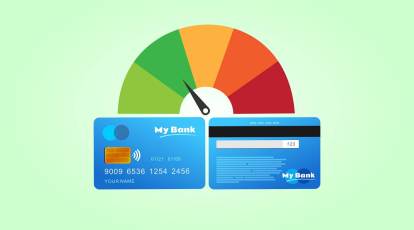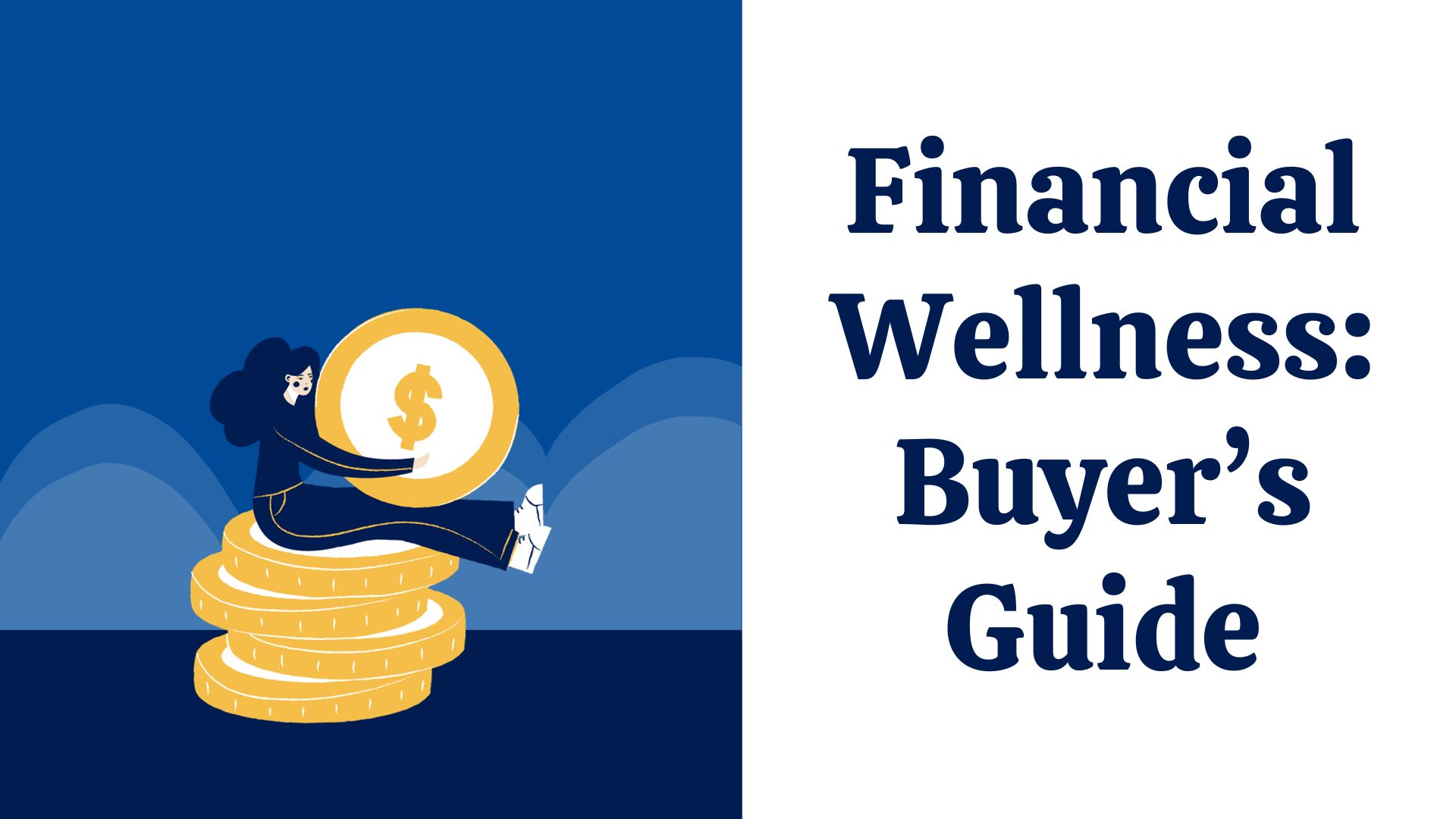Credit scores play a crucial role in your financial life, affecting everything from loan approvals to interest rates. Knowing the basics of credit scores can help you manage your finances better and improve your chances of getting approved for credit. Here’s what you need to know about credit scores.
1. What Is a Credit Score?
A credit score is a numerical representation of your creditworthiness, typically ranging from 300 to 850. It is calculated based on your credit history, including your payment history, amounts owed, length of credit history, types of credit, and recent credit inquiries. The higher your credit score, the more likely you are to be approved for loans and receive favorable interest rates.
2. Why Is a Credit Score Important?
Your credit score is a key factor that lenders, landlords, and even employers consider when making decisions about you. A good credit score can help you secure loans with lower interest rates, qualify for credit cards with better rewards, and even rent an apartment. On the other hand, a low credit score can make it difficult to get approved for credit and may result in higher costs when you do.
3. How Is a Credit Score Calculated?
Credit scores are calculated using several factors:
Payment History (35%): Timely payments on your debts are the most significant factor in your credit score.
Amounts Owed (30%): The total amount of debt you owe compared to your credit limits. Lower balances relative to credit limits are better.
Length of Credit History (15%): A longer credit history can positively impact your score.
Credit Mix (10%): Having a variety of credit types (e.g., credit cards, mortgages, car loans) can improve your score.
New Credit (10%): Opening several new credit accounts in a short time can negatively affect your score.
4. How Can I Check My Credit Score?
You can check your credit score through various online platforms, including credit bureaus like Equifax, Experian, and TransUnion. Many banks and credit card companies also offer free credit score monitoring. Checking your credit score regularly helps you stay informed and take action if necessary.
5. How Can I Improve My Credit Score?
Improving your credit score takes time, but here are some effective strategies:
Pay Bills on Time: Always make at least the minimum payment on or before the due date.
Reduce Debt: Aim to keep your credit card balances low and pay off high-interest debt first.
Limit New Credit Applications: Each application for new credit can cause a small drop in your score.
Keep Old Accounts Open: Length of credit history matters, so keep older accounts open if possible.
Check Your Credit Report for Errors: Mistakes on your credit report can negatively impact your score. Dispute any inaccuracies you find.
6. What Is a Good Credit Score?
A good credit score generally falls between 670 and 739. Scores above 740 are considered very good to excellent, which can qualify you for the best interest rates and terms. Scores below 670 may require you to take steps to improve your creditworthiness.
7. How Long Does It Take to Rebuild a Credit Score?
Rebuilding a credit score takes time, especially if you’ve experienced significant financial setbacks like missed payments or bankruptcy. Generally, it can take several months to a few years to see substantial improvement, depending on the severity of the issues and the actions you take to resolve them.
Conclusion
Understanding your credit score is vital for managing your financial health. By knowing what factors influence your score and how to improve it, you can make informed decisions that enhance your creditworthiness. Regularly monitor your credit score, pay your bills on time, and manage your debt wisely to maintain or improve your score over time.









